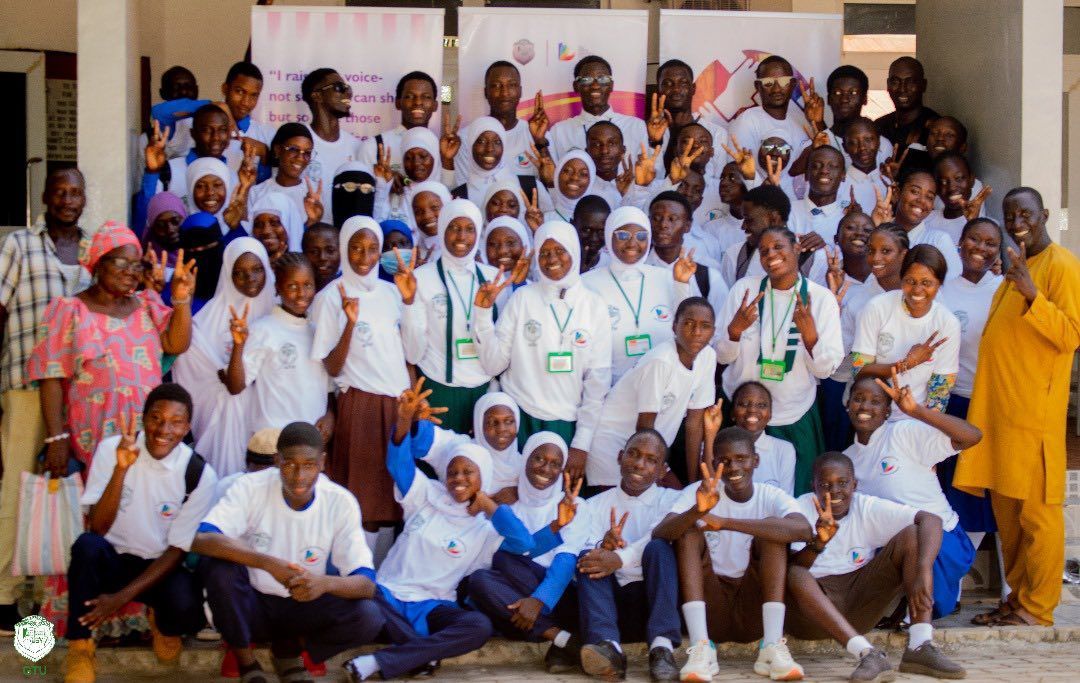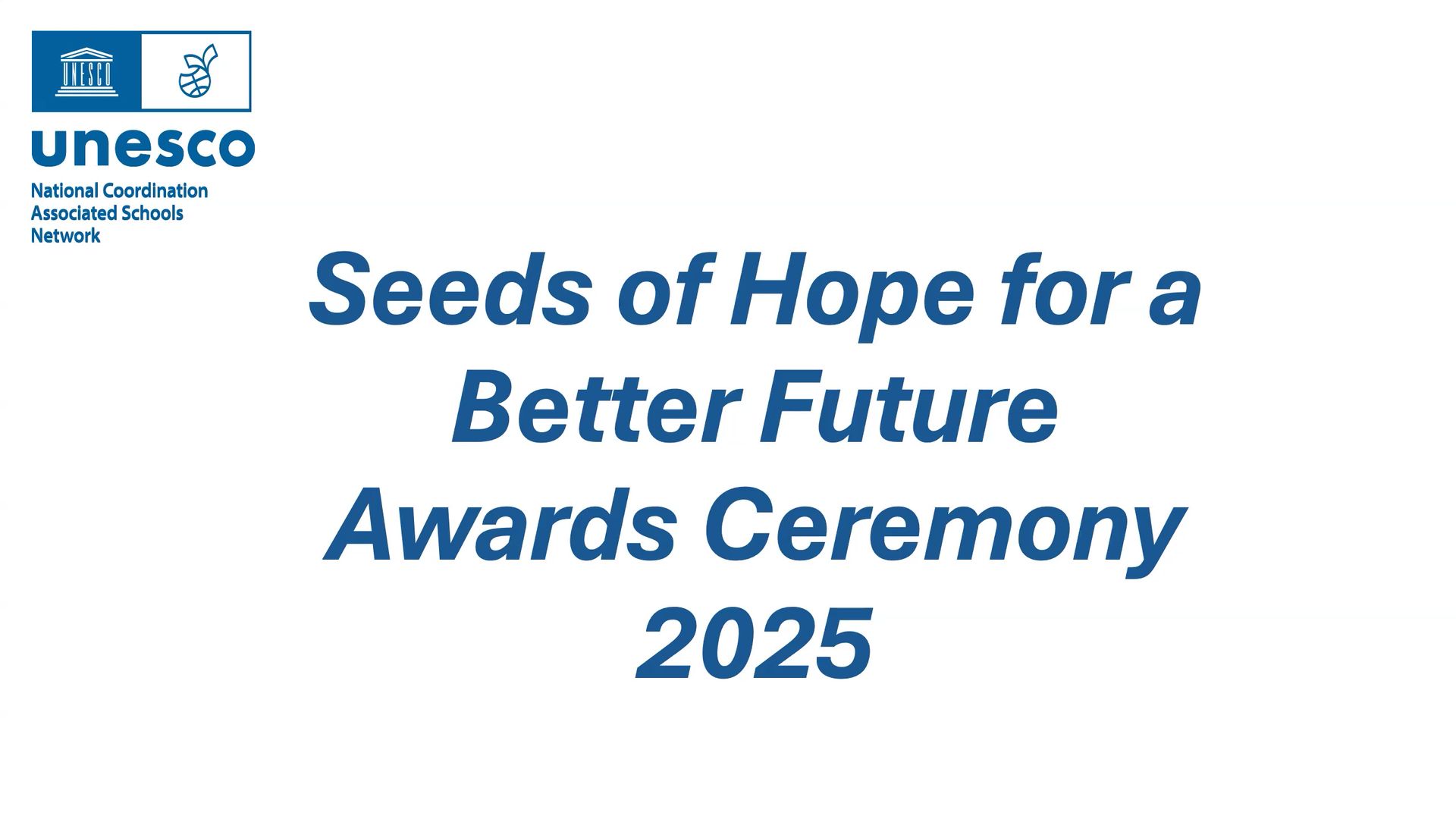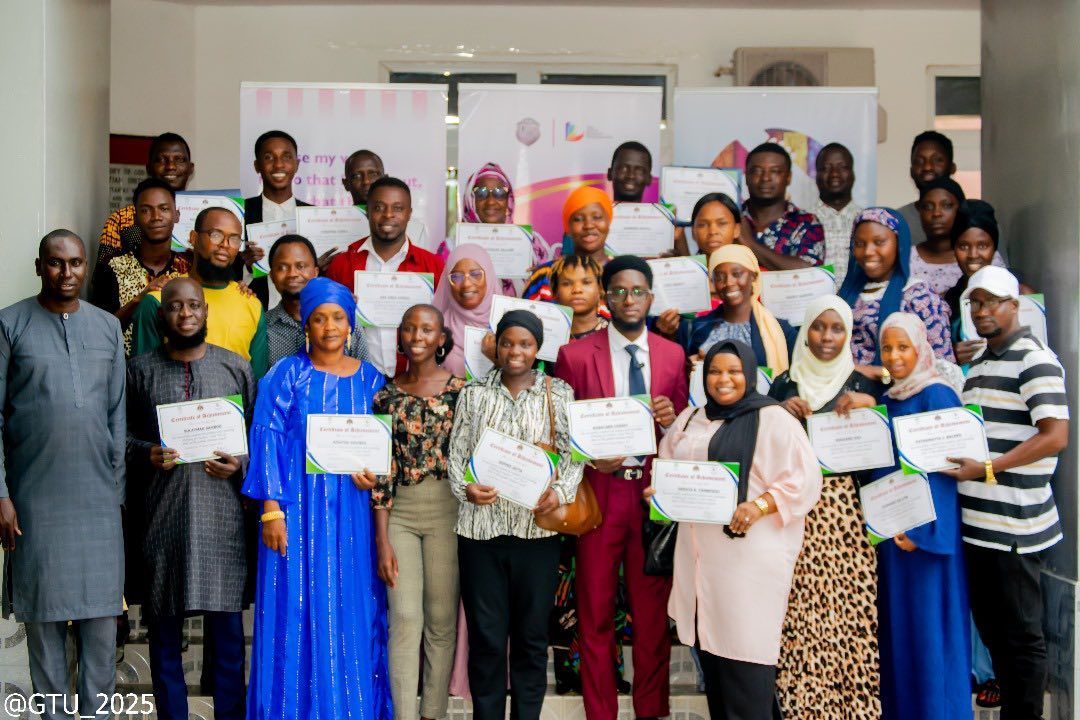Education in Cuba - NEU Delegation October 2024
For the last 10 years a delegation of educators from the NEU and previously the NUT has visited Cuba to look at their education system, meet fellow teachers, community members and trade unionists.
The delegations have been going every October half-term. Most recently a delegation of 26 went to visit primary, middle, special, pre-university schools, along with meeting university students, teachers, and a community group for young adults with Down’s syndrome.
Every day was taken up with visits, meetings and exchanges which generated lots of discussions amongst the group in the evenings. Everyone who went was able to ask any questions they wished. Our Cuban hosts were open to discuss any, and every topic thrown at them.
One of the typical western media cliches about Cuba is that trade unions on the island are not “free”. What we learnt however was that if the government wished to bring in proposals which educators did not approve of, then the unions’ veto carried the day. This is the highest form of trade union freedom – imagine if that operated here in Britain – no Ofsted just for starters.
In Havana we visited a school devoted especially to music. We heard young children and young teenagers singing and playing a range of musical instruments with real skill and obvious enjoyment. On request a couple of our delegates responded with their own contribution singing songs with the Cuban children joining in. It was an enjoyable exchange. Some of the musical instruments which NEU members had collected a couple of years ago were used by the children in their performances.
Our delegation was really surprised by what they found at the rural primary school in Pinar del Rio with some classes of less than 10 pupils. In fact, on one visit a previous delegation had been told about a school with one child in it! The parents however, having become satisfied their child could journey to the school in the town, agreed that their child and the teacher move together to the town school. A delegate from a rural area in England commented that a school like this would not survive in their county – classes would be merged across year groups, teachers and support staff would face redundancy and there would be no real support to sustain the school let alone retain the distinct year group classes for each age. We were all amused by the little boy in one class whose family dog was with him in the classroom quietly sitting behind his chair. No one even mentioned it – children in the class and the dog were perfectly happy!
One of the most moving moments was at Abel Santamaria school for blind and visually impaired children. Having handed over Braille machines which NEU districts had donated and visited classrooms, the group was entertained by the students with a wonderful musical concert that left all of us in tears admiring the enthusiasm and accomplishment of the young people and the dedication of the teachers some of whom were ex-pupils of the school itself.
It is impossible however not to be aware of the impact of the blockade imposed by the United States of America on the island. The U.S. has placed Cuba on the list of State Sponsors of Terrorism (SSOT) and has tightened sanctions. This has resulted in shortages of oil which hits the electricity system. As a result, a science lesson we hoped to see could not take place in the lab and computers could not be used.
Members of the delegation asked whether there was a school/teacher inspection system in Cuba. The answer was in the affirmative. However, there the similarity ended. In Cuba, Inspectors go into schools and seek out the best practice and then use that as an example to encourage others to emulate that approach. There is no blame culture about their approach. The aim is to help all educators to play a full role in the life of the school and to contribute positively. Similarly, if a child has a problem, parents are invited into the school where they attend meetings without losing any pay from their workplace. If children are having difficulties, then the whole family receives support to understand how they might respond to any challenges.
It was obvious that the quality of relationships between all members of staff and children, and staff and families was highly valued. “Love”, a word not in the vocabulary of schools in Britain, was a word we heard used often and without any irony. It was obvious that the quality of all the relationships within every school was highly valued.
Many of the teachers we met had postgraduate degrees or were studying for MAs with time off to study. Educators in Cuba are respected.
Education and, everyone who works in education, is highly valued in Cuba. I have only one request to those who are sceptical about Cuba – please go and see for yourself. As Che Guevara said, “Another world is possible” and it’s also true that “Another Education is possible!”
Bernard Regan, Delegation Leader 2024
If you are interested in going on the next Delegation in October then the deadline for nominations from Districts is 30 May 2025.




